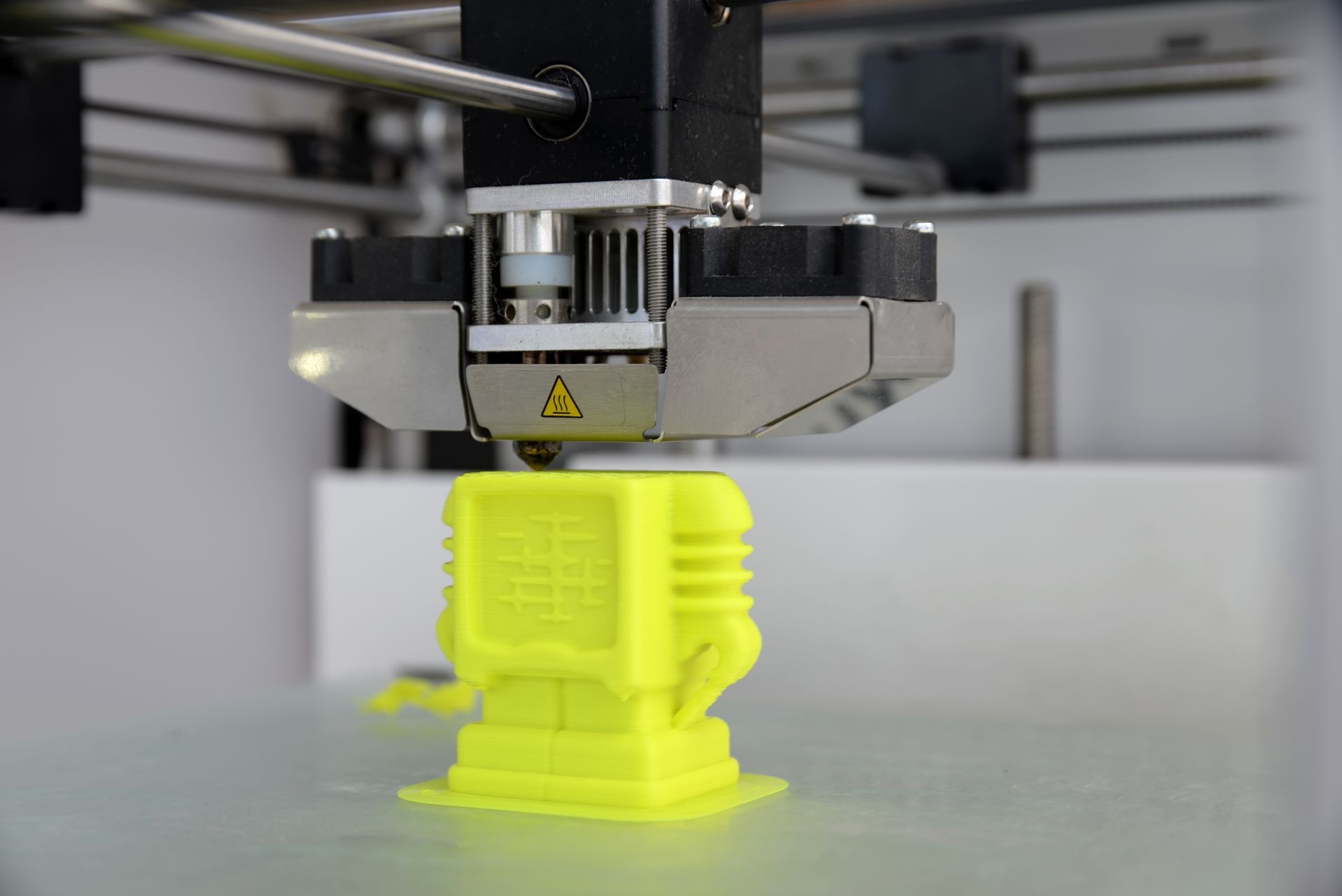Prototyping services
Prototyping services refer to the process of creating a functional model or a prototype of a product before it goes into mass production. This service is usually offered by specialized companies or manufacturers who have the expertise and resources to transform an idea or design into a tangible prototype. Prototyping services are crucial for product development as they allow for testing, evaluating, and refining the design before investing in large-scale production. By providing a physical representation of the product, prototyping services help in identifying any design flaws.
Types of prototyping services
3D printing: rapid production of physical prototypes
This method uses 3D printing technology to quickly create physical models of a product. It allows for faster iteration and testing of different design ideas.
Virtual prototyping
Computer-generated simulations for testing and visualization of a product's design and performance
CNC machining Prototypes
Precise and accurate production of prototypes using computer numerical control (CNC) machines
-Allows for early testing and validation of product ideas
Reduces the risk of costly mistakes in the production phase.Enables designers to gather valuable feedback from potential users. Speeds up the development process by quickly iterating and making improvements - Increases the chances of creating a successful and marketable product.
- Reduces time and costs in product development process
Reduces time and costs in product development process by identifying and addressing potential issues early on. Prototyping allows for testing and refining of different design concepts, helping to eliminate costly mistakes that may arise during the production phase. Additionally, by involving users in the prototyping stage, companies can gather valuable insights and feedback, ensuring that the final product meets the needs and expectations of the target market. This not only saves time and resources but also increases the likelihood of creating a product that resonates with customers and achieves commercial success.
- Facilitates communication and collaboration among client
This allows for a more seamless and efficient exchange of ideas, as well as the identification and resolution of potential conflicts or misunderstandings early on. Moreover, the collaborative nature of prototyping encourages open dialogue and encourages clients to contribute their expertise and insights, ultimately leading to a more well-rounded and comprehensive final product. This collaborative approach also helps to build stronger relationships and trust between the company and its clients, which can be invaluable in future projects and partnerships.

